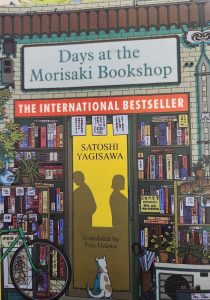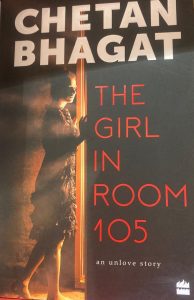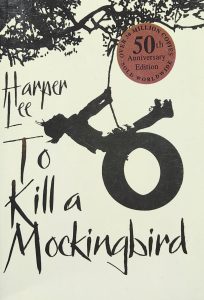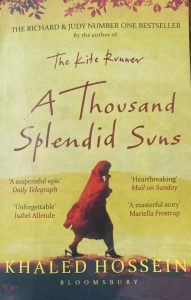Table of Contents
Toggle Book Review
Book Review
Days at the Morisaki Bookshop by Satoshi Yagisawa is a heartwarming and introspective novel that celebrates the transformative power of books and human connections.
The story centers on Takako, a young woman struggling to rebuild her life after a deeply personal betrayal. When her uncle Satoru invites her to stay in the family’s unassuming second-hand bookstore, Morisaki Bookshop, she reluctantly agrees, seeing it as a temporary retreat.
Initially disinterested in the shop’s dusty shelves and quiet routine, Takako slowly becomes captivated by the comforting world of books and the unique community surrounding them. Immersed in the timeless charm of Jimbocho, Tokyo’s renowned “Book Town,” she begins a journey of self-discovery, uncovering hidden emotions and forging a deeper connection with her family’s past.
Yagisawa’s subtle and evocative prose brings the bookshop and its atmosphere to life, creating a sense of contemplative nostalgia. The characters are crafted with nuance, from Takako’s estranged aunt Momoko to her friends Takano and Tomo, and even her ex-boyfriend Hideaki. Their quiet resilience mirrors the novel’s reflective tone, making Takako’s transformation both relatable and moving.
One of the novel’s greatest strengths lies in its celebration of literature’s ability to heal and connect. Through Takako’s encounters with customers and the books she discovers, Days at the Morisaki Bookshop highlights how stories can mend broken hearts, spark new beginnings, and bring people closer together.
This poignant exploration of life’s quiet moments has resonated widely, inspiring the film adaptation Morisaki Shoten no Hibi, which further celebrates its themes of healing, connection, and the enduring magic of books.
What I don’t like about this book?
The story unfolds at a gentle pace, reflecting the rhythm of Takako’s life. While readers seeking fast-paced action or high-stakes drama might find it less engaging, Days at the Morisaki Bookshop invites them to slow down and appreciate the quiet beauty of life’s simple moments.
About Author
Satoshi Yagsawa, born in 1977, graduated from Nihon University College of Art. He made his literary debut in 2008 with Morisaki Shoten no Hibi, which was later adapted into a film. The sequel, Zoku: Morisaki Shoten no Hibi, followed shortly after. The series has achieved global recognition, currently being translated into 30 languages, with the English edition nominated for the 2024 British Book Awards. Among his other notable works are the Jun Kissa Trnka series and Kimi to Kuraraseba, both of which are in the process of being translated into multiple languages, including English. Yagsawa is an avid guitarist, a coffee enthusiast, and a devoted cat lover.
Translated By
Eric Ozawa, a writer and translator, was born in Tokyo and raised in the United States. He has reported extensively on Japan’s 11 March earthquake, tsunami, and the ongoing nuclear crisis for The Nation magazine. Currently based in New York, he teaches writing at New York University.
Conclusion
This novel is a quiet gem for bibliophiles and anyone who appreciates the power of simplicity and introspection. It’s a delightful reminder that even in the most unassuming corners of life, transformation and connection await.





